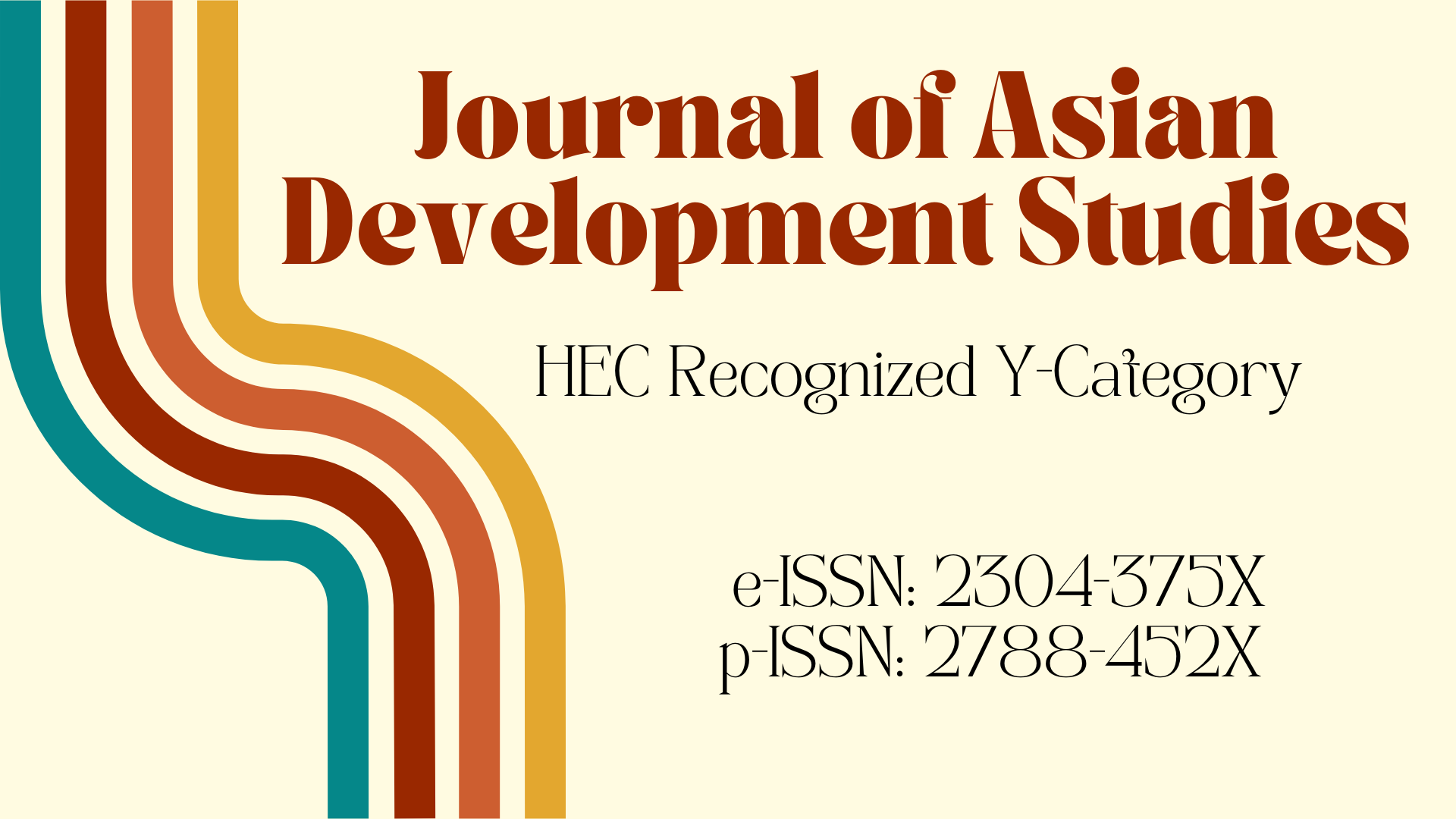Exploring the Effectiveness of Student-Led Webinars and Workshops as Teaching Strategies Using Kirkpatrick Model Among MSN Students
DOI:
https://doi.org/10.62345/jads.2025.14.1.30Keywords:
Nursing Education, Webinar, Professional and Skill DevelopmentAbstract
To explore the effectiveness of webinars and workshops as teaching strategies using the Kirkpatrick model among MSN students. A qualitative phenomenological study was conducted at Ziauddin University Faculty of Nursing and Midwifery (ZUFONAM). The target population consisted of Master of Science in Nursing (MSN) students enrolled at ZUFONAM. This study adopted a quasi-experimental post-analysis design and followed a qualitative phenomenological approach. A qualitative descriptive study explored nursing students' experiences conducting workshops and webinars as course assignments. Data were collected through semi-structured interviews with participants who shared their challenges, learning experiences, and recommendations. Thematic analysis identified key themes, including initial challenges due to ambiguity, skill development in teamwork, communication, collaboration, and technological handling, as well as suggestions for incorporating workshops and webinars into teaching strategies. This study's findings reflect the growing importance of interactive learning strategies in nursing education. While there are still issues with the preparedness and comfort of students with new formats, the overall benefits of workshops and webinars in enhancing teamwork, communication skills, and confidence are well-documented in recent literature.
Downloads
Downloads
Published
Issue
Section
License

This work is licensed under a Creative Commons Attribution 4.0 International License.
License Terms
All articles published by Centre for Research on Poverty and Attitude are made immediately available worldwide under an open access license. This means:
- everyone has free and unlimited access to the full-text of all articles published in Centre for Research on Poverty and Attitude's journals;
- everyone is free to re-use the published material if proper accreditation/citation of the original publication is given.




